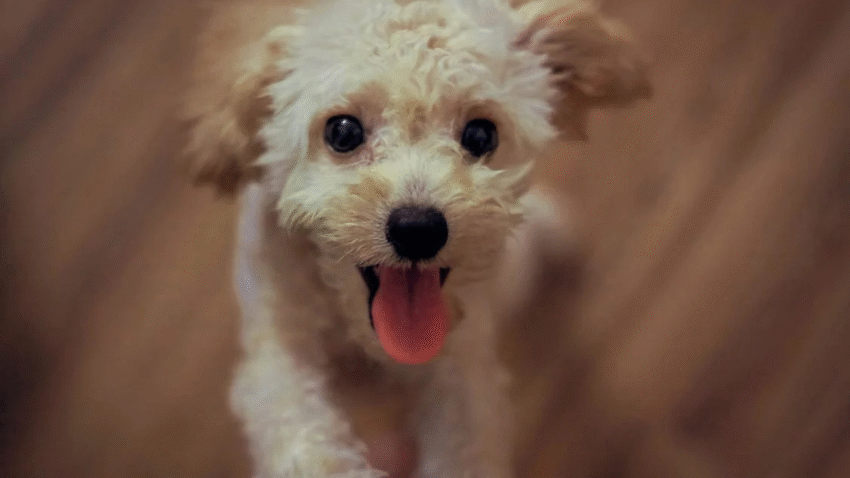Introduction
Is your beloved dog starting to slow down with age? Knowing how to feed your senior dog for longevity is one of the best ways to keep them healthy, active, and happy in their golden years. In this guide, you’ll learn how aging affects a dog’s nutritional needs and how to adjust their diet step by step for a longer, more vibrant life.
Why Feeding Senior Dogs Properly Matters
As dogs age, their metabolism slows down, their digestive system becomes more sensitive, and they often face new health challenges such as arthritis, weight gain, or cognitive decline. Feeding your senior dog the right way isn’t just about filling a bowl—it’s about supporting their joint health, digestion, immunity, and mental sharpness.
A diet tailored to senior dogs can:
- Maintain a healthy weight
- Support joint and muscle strength
- Improve digestion and nutrient absorption
- Enhance cognitive function
- Strengthen the immune system
Paying attention to these areas can add not only years to your dog’s life but quality to those years.
Step-by-Step Guide to Feeding Your Senior Dog for Longevity
1. Visit Your Veterinarian First
Before changing your dog’s diet, have them examined by your vet. Age-related conditions like kidney disease or arthritis may require dietary adjustments.
2. Switch to a Senior Dog Food Formula
Senior-specific dog food contains adjusted protein levels, joint-supporting nutrients, and fewer calories to help prevent weight gain. Look for formulas with:
- High-quality protein (chicken, turkey, salmon)
- Omega-3 fatty acids (for joint and brain health)
- Glucosamine and chondroitin (for mobility)
- Added fiber (for digestion)
- Antioxidants (for immune support)
3. Watch Their Weight Closely
Obesity can shorten your senior dog’s life. Use a feeding guide and portion based on your dog’s weight and activity level. Reduce portions gradually if they’re gaining weight.
4. Feed Smaller, More Frequent Meals
Instead of one or two large meals, split their food into 3–4 smaller servings per day. This supports digestion and keeps energy levels stable.
5. Consider Supplements
Talk to your vet about adding supplements such as:
- Probiotics for gut health
- Omega-3s for inflammation
- Joint health chews
- Multivitamins for aging dogs
6. Keep Fresh Water Available at All Times
Older dogs are more prone to dehydration. Encourage water drinking and ensure bowls are clean and full throughout the day.
7. Monitor Appetite and Behavior Changes
Loss of appetite or sudden changes in eating habits could signal a health issue. Track their habits and report anything unusual to your vet.
Common Mistakes to Avoid
1. Feeding a Puppy or Adult Formula
These contain nutrients and calories that may be too rich for aging dogs, leading to weight gain and strain on their organs.
2. Overfeeding “Healthy” Treats
Even low-fat treats add up. Stick to low-calorie, nutrient-dense treats or healthy human options like baby carrots or blueberries.
3. Ignoring Dental Health
Senior dogs often have dental issues. If they’re avoiding hard kibble, consider mixing in soft food or switching to a gentler kibble size.
4. Not Adjusting Portions with Age
What worked when they were 5 won’t work at 10 or 12. Recalculate their caloric needs as they become less active.
5. Skipping Regular Vet Checks
Senior dogs should see a vet at least twice a year to catch health problems early and adjust their nutrition as needed.
Extra Tips & Recommendations
Tip 1: Add Moisture to Their Meals
Older dogs can benefit from wet food or moistened kibble to aid chewing and digestion.
Tip 2: Use Food Puzzles or Slow Feeders
Keep their mind sharp and eating pace slow by using interactive feeders. Mental stimulation is great for longevity.
Tip 3: Track Progress with a Journal
Record their weight, energy levels, and any health changes monthly. This helps catch issues early and ensures their diet is still meeting their needs.
Conclusion
Feeding your senior dog for longevity is about more than just picking the right food—it’s about understanding their changing needs and supporting their health every day. With a little planning, smart choices, and love, you can help your furry friend thrive well into their golden years.
🐾 Bookmark us for more dog care tips and longevity strategies!
